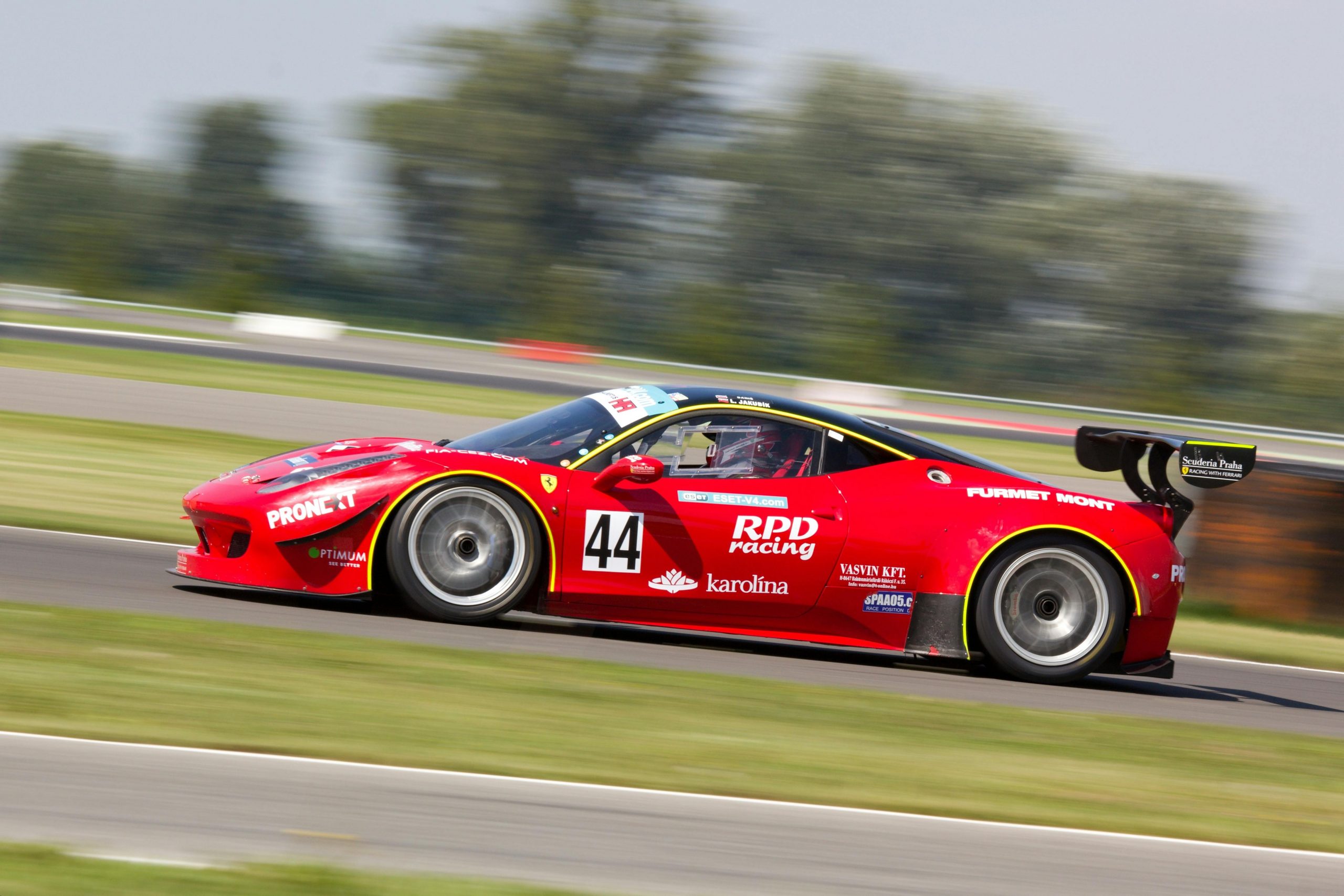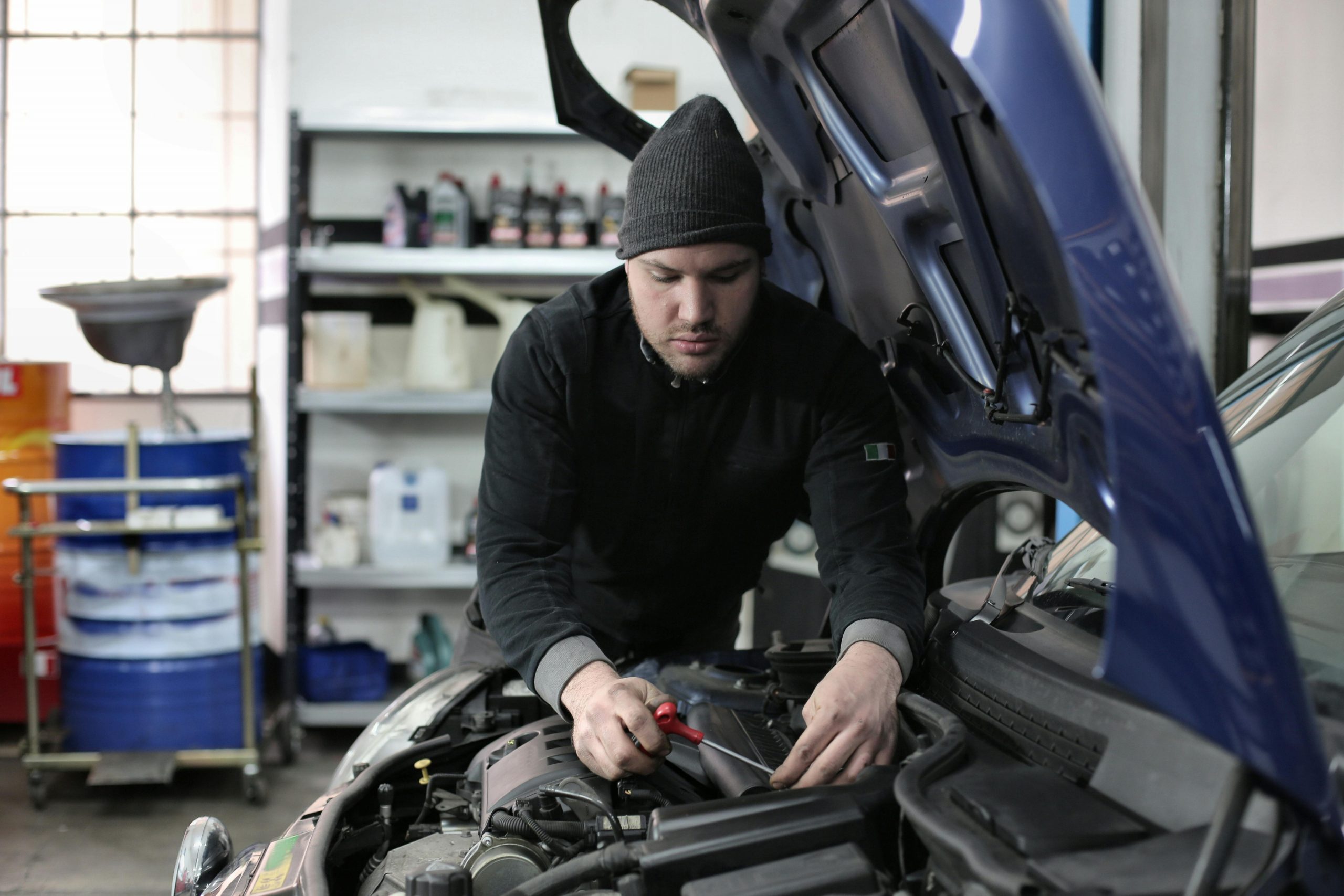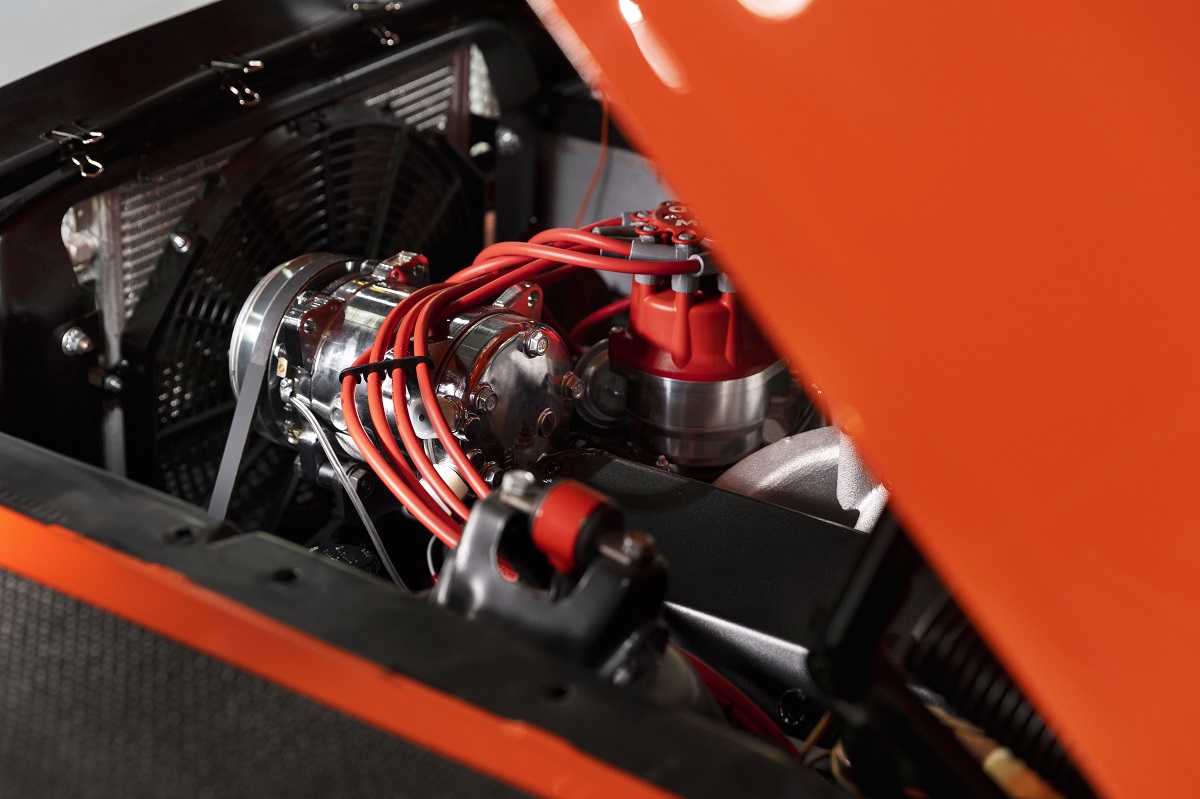
If you’re dreaming of unleashing V8 power on the track, the price tag doesn’t stop at the engine itself. Sure, V8 engines are known for their growl, torque, and track-day dominance—but they’re also known for not being cheap. The real question isn’t just “how much is a V8 engine?” It’s how much does a V8 engine really cost you over time, especially when you’re putting it through the paces on a race track.
Whether you’re a weekend warrior or building a dedicated track car, this breakdown will walk you through the upfront costs, long-term maintenance, and performance trade-offs of owning a V8 engine for racing purposes.
What’s the Upfront Cost of a V8 Engine?
Let’s start with the basics: buying the engine itself. V8 engines come in a range of flavors—from used stock motors to brand-new crate engines built for high performance.
New Crate Engine Prices (2025 Estimates)
- Ford 5.0L Coyote V8: $8,500–$12,000 (depending on generation and specs)
- Chevy LS3 6.2L V8: $6,500–$10,000 (popular for swaps)
- Mopar 392 HEMI: $9,000–$13,000
- Performance crate builds (supercharged): $15,000+
Used Engine Prices
- Junkyard V8 (stock, high-mileage): $1,500–$3,000
- Low-mileage performance V8 (private seller): $3,500–$6,000
That’s just for the engine. You’ll also need to budget for:
- Transmission and drivetrain upgrades
- ECU/tuning
- Mounts, wiring harnesses, and cooling systems
Swap packages (engine, trans, wiring) often run $12,000–$20,000 before labor if you’re building from scratch.
What Are the Ongoing Costs of Running a V8 on the Track?

Track driving is brutal. It exposes weak points in any engine—especially one that’s heavier and more powerful like a V8. Here’s what you’re really signing up for once the engine’s installed.
1. Fuel Consumption
V8s drink more fuel. Period.
- Track consumption: 4–6 mpg (yes, really)
- Fuel cost per session: $100–$200 (depending on track time and octane)
- Annual cost (monthly track days): $1,200–$2,400+
If you’re running premium or race fuel, your fuel bill climbs fast.
2. Tires & Brakes
While not directly part of the engine, V8-powered cars often go through consumables faster due to higher weight and speed.
- Tires: High-torque V8s shred tires quickly—expect to replace them every 2–3 track days if you’re aggressive.
- Brakes: More weight and speed mean upgraded pads and rotors are a must.
3. Oil and Fluids
V8 engines need more oil, and they run hotter under stress.
- Oil changes: Every 3–5 track hours (high temp use)
- Oil costs per change: $80–$150 (synthetic + filter)
- Transmission and diff fluid changes: More frequent with track use
What About Repairs and Wear?

V8s are generally reliable, but track use accelerates wear.
Common Maintenance Issues
- Head gaskets or valve train issues (especially on high-RPM or boosted builds)
- Cooling system upgrades may be required to avoid overheating
- Exhaust wear from repeated heat cycling
Estimated Annual Repair Costs
- Mild street/track build: $1,000–$2,000
- Aggressive track-only build: $3,000–$6,000+
If you’re running a budget V8 from a junkyard, expect to deal with early rebuilds. On the other hand, modern crate engines like the LS3 or Coyote tend to hold up well if maintained.
Does a V8 Require More Frequent Rebuilds?
Eventually, yes—especially if you’re tracking it hard and often.
- Track-used V8 engines may need a refresh after 40,000–60,000 miles
- Full rebuild cost: $3,000–$7,000 depending on internals and machine work
- Performance rebuild (for more power): Can hit $10,000+
Preventative maintenance (catch cans, oil analysis, cooling upgrades) can stretch lifespan significantly.
Are There Any Long-Term Ownership Benefits?
Believe it or not, there are a few cost advantages to V8 ownership—if you play it smart.
V8 Pros Over Time:
- Aftermarket support: Huge parts availability for LS, Coyote, and HEMI platforms
- Ease of rebuild: Many V8s are modular and easier to rebuild than high-strung turbos
- Durability: Well-built V8s can handle abuse better than high-strung 4-cylinders
Some racers find that a well-maintained V8 actually costs less to run long-term than constantly pushing a boosted 4-cylinder or over-revved V6 to its limit.
Hidden Costs to Watch For
Don’t let the engine cost fool you. The real expenses come from supporting systems.
Supporting Mods You Might Need:
- Upgraded radiator and oil cooler: $800–$1,200
- Differential upgrades: $1,000+
- Transmission upgrades or replacements: $2,000–$4,000
- Roll cage / chassis stiffening: V8 torque often reveals chassis flex
All told, a V8 swap and track setup can push total ownership costs into the $20,000–$30,000+ range over several seasons, depending on your use case.
Is a V8 Engine Worth It for Track Use?
That depends on your priorities. When it comes to track performance, the V6 vs V8 debate often boils down to more than just horsepower. A V8 gives you massive torque, brutal acceleration, and that unmistakable engine note—but it comes with higher fuel consumption, heavier front-end weight, and increased maintenance over time.
Choose a V8 if you:
- Want maximum power and torque for straights and corner exits
- Don’t mind the higher fuel and wear costs
- Value sound, simplicity, and reliability over time
Stick with a V6 or turbo-four if you:
- Prioritize lightweight handling
- Are on a tighter budget
- Want lower fuel and maintenance costs
In the V6 vs V8 comparison, the right answer depends on how you drive, how often you track, and how much you’re willing to invest in long-term performance.
So, How Much Is a V8 Engine Over Time for Track Use?
| Cost Category | Estimated Annual Cost |
| Fuel | $1,200–$2,400 |
| Oil & Fluids | $500–$800 |
| Tires & Brakes | $1,000–$2,500 |
| Repairs | $1,000–$6,000 |
| Rebuild Fund (averaged) | $500–$1,000 |
| Total (est.) | $4,200–$12,700/year |
Keep in mind—this assumes regular, serious track use. Occasional track days or autocross events will bring that number down.
Wrapping Up
V8 engines aren’t just about upfront horsepower—they’re an investment. And if your goal is racing, you’re going to pay for the privilege of that raw, naturally aspirated (or supercharged) grunt.
If you’re already comparing V6 vs. V8 for track performance, understanding long-term ownership costs helps you make the smarter decision—not just the louder one.
Still debating between the two? Check out our full breakdown in “V6 vs V8: Which Engine Rules the Track in Real-World Racing?” for a performance comparison that pairs perfectly with the numbers in this article.
